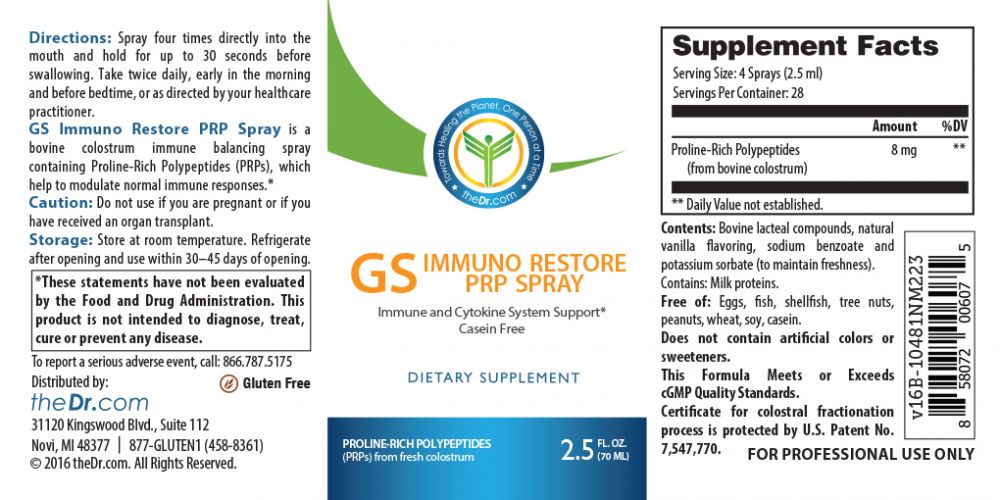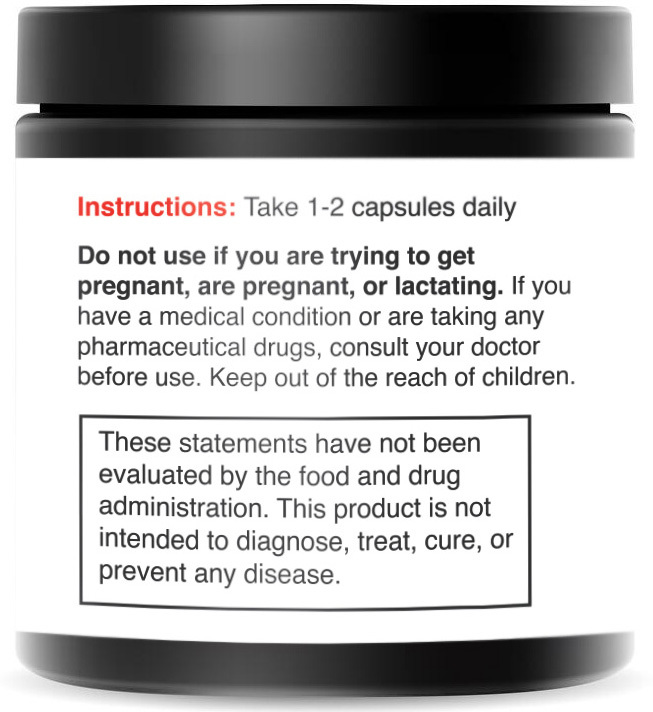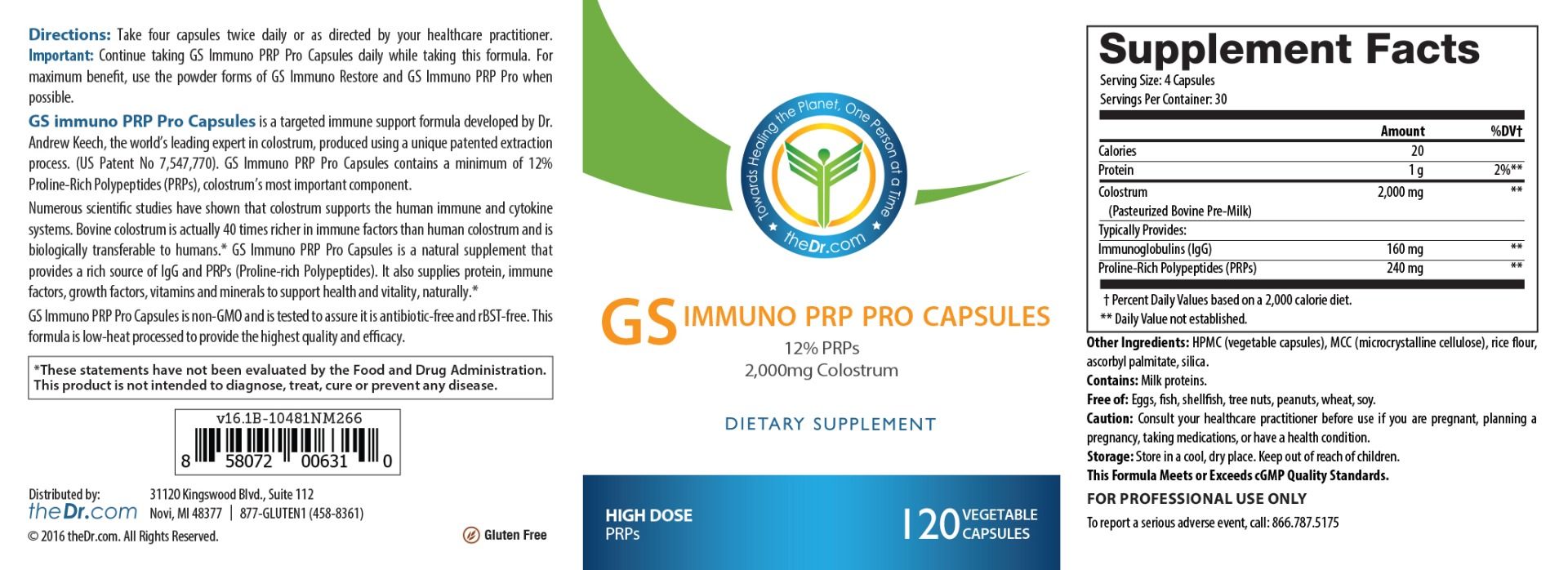Teaching Your Children the Do’s and Don’ts About Nutrition
There are several factors at play when you find yourself frustrated about how to make your child interested in nutrition.
Candy and sugar-laden drinks can be pretty appealing to those tiny little taste buds. Fast food restaurants have some cool, trendy trinkets that your child doesn’t need, but it’s a toy! Now add in greasy foods like chips and pizza, and I may even be starting to tempt you, too. And let’s never underestimate the power of marketing. They make some of the most disgusting foods on the planet look fun.
Since there are so many things that we don’t have control over, we can only focus on what we do have control over.
Let’s start with the parent who has a child without any special dietary restrictions.
You have a lot more control over this than you realize. You buy the groceries. You cook their meals, and you have veto power at the restaurants. But most importantly, you have a voice. Setting the tone. Discuss why organic foods are preferred, how to treat ailments holistically through nutrition, or why certain “foods” should be avoided. This should be a natural, ongoing conversation – not a lesson plan. And it doesn’t work if you tell them one thing, and they see you do the other.
If you can have a cookie, why can’t I? I want a cookie, too. (Credibility – out the door!)
So here are a few tips to help you.
- Buy foods in season. Not only are you getting higher nutritional content, but you are also training the body to crave pumpkins, cranberries, apples in fall or strawberries or watermelon in summer. It creates excitement around the varieties of foods that are in season, and it creates diversity throughout the year. The more diversity, the more you can be guaranteed that they are getting all their nutrients. (This doesn’t even require talking to your kids!)
- Occasionally introduce a novel treat. Pomegranates are really great. They are only available at a time when other fruits and veggies have already had their day in the sun. They take time to eat. They are sort of like a little puzzle. They beg to be shared with a friend. Loaded with antioxidants, they are also an excellent source of Vitamins C and E, just for starters. But make this something special. Some other fun treats include slicing up a star fruit or eating the beautiful and unusual dragon fruit. If they end up not liking something, don’t make a big deal about it. You are encouraging experimenting. Sometimes experiments go horribly wrong, and sometimes it leads to a flurry of new experiments to look forward to. None of us like all foods, so work towards an attitude of being open to trying – not just compliant.
- Use a little of that marketing magic yourself. Let them have some fun with food. Chop up some foods like carrots, celery, bananas, or apple slices. Put out some raisins, grapes, nuts, seeds, peanut butter (or almond butter), and toothpicks. Sit down with your child and make objects. Make an apple car with grape wheels. Or create ants on a log with celery, peanut butter, and raisins. Make “bananimals.” And if they are old enough, try vegetable carvings. As you mess up, you naturally eat the strays. Kids are more likely to eat foods they make (even if it isn’t as good as Mom or Dad’s), so go ahead and have fun with food.
- Involve them in your cooking or baking. It gives you bonding time, and it can instill a love of home-cooked foods. During this time, you may or may not choose to talk about why you pair certain foods together.
- Talk about nutrition. Even a little child can understand, “Eat a rainbow” – once you tell them you mean a variety of colors in food. They may even try to seek out colors. As you hear of studies or learn about the benefits of a certain food, share it with your family. Instill curiosity in them to learn about things as well – including how nutrition impacts their bodies.
- Never force your child to eat everything on the plate. Studies have shown that this can lead to eating disorders. That doesn’t, however, give carte blanche to the picky eater. You are not running a restaurant. Have a variety on the plate. If there are things your child won’t eat, they’ll survive. Hopefully, there is enough variety that they will still find the necessary nutrients needed. Encourage them to at least take a bite of everything, and teach them about manners when they go to friends’ houses. They may have to eat something they don’t like there, and you don’t want them to be rude. For those picky eaters, just assume they need daily supplements.
- Make healthy options everyone likes and eliminate unhealthy options. Make family get-togethers, holidays, and dinner around the table easy for everyone to eat right.
So what if you have a child with medical concerns?
Whether they are diabetic or celiac, whatever their situation, I’m sorry to say that you will need to go the extra mile.
Here are the four most important things to remember:
- You need to drill into them WHY they can’t do what other kids do. I know it’s not fair. You may not want to scare them to the point of anxiety, but if there is a medical reason why they should/should not eat certain foods, it’s more important that they comply. You need to give them a compelling reason why. If a diabetic goes trick-or-treating with their friends and thinks it’s not a big deal eating as he/she goes along the way, you could have a potentially much more serious problem on your hands. Or vice-versa, perhaps you have a shy little diabetic child whose numbers are plummeting. That child needs to understand how to handle the medical condition they are currently facing, and it’s up to you to teach them how. They are not a freak. You love them. We all have our little differences. This is one of theirs.
- You might not want to be a helicopter parent, but in certain kids’ cases, you have to hover more than you (or they) would like. If they are going to a friend’s house, talk to the parents before leaving your child there. This can be especially awkward as that kid gets older and is newly diagnosed, but until they get a handle on their diagnosis, show them you care by being that embarrassing Mom or Dad. (Think of it as peer pressure that helps kids learn to potty train. They may get serious about proving they understand their situation to get you off their backs.)
- The more options we have that are healthy for us, the easier it is to avoid the ones that aren’t. Feeling denied or limited in any way stinks. But if you can have what other people have with a simple alteration, you don’t feel so persecuted. (You can have a hot dog but not the bun. You like your wraps on lettuce instead of flour tortillas.) Let them see that they have options. And give them the skills they need for situations when they are not at home and may not have options. Recommend always having some food on hand just in case. Better safe than sorry.
- You may need to add extra support through supplements. For instance, if they have food sensitivities and they are not vigilant in avoiding those foods, E3 Advanced Plus can assist in breaking all of the eight major antigens down quickly and getting them out of your system. Or you may want to help boost their immune system with GS Immuno PRP PRO Capsules. This product is so good, three countries in Europe even license this as their first treatment of choice upon an HIV diagnosis.
When we have those little bundles of joy, they are completely defenseless. We can gradually allow them to do things as they get older when we feel comfortable that they can be trusted and are ready. It’s okay to say to your child, “This is new. Until we all know more or have a handle on this, I want you to only eat at home (or only pack your meal).”
Talk to them. Share your concerns. And remember that you are the parent. You aren’t asking because this isn’t an area they have that choice. But be considerate of the fact that this transition may be incredibly difficult for them. It is your job to get them through this time as swiftly and painlessly as you possibly can. Make sure that they understand that you will work with them, but you are still in charge. Plan out as many ways as you can to give them as much freedom as you are comfortable with.
And at some point, remember to set them free. You taught them everything you could. They know you will always be there for them. Show them and remind them of that often. Ultimately, we each have our mistakes to choose for ourselves. And many of us choose to eat unhealthy foods or not exercise or not manage our health as well as we should. They have that right, too.













